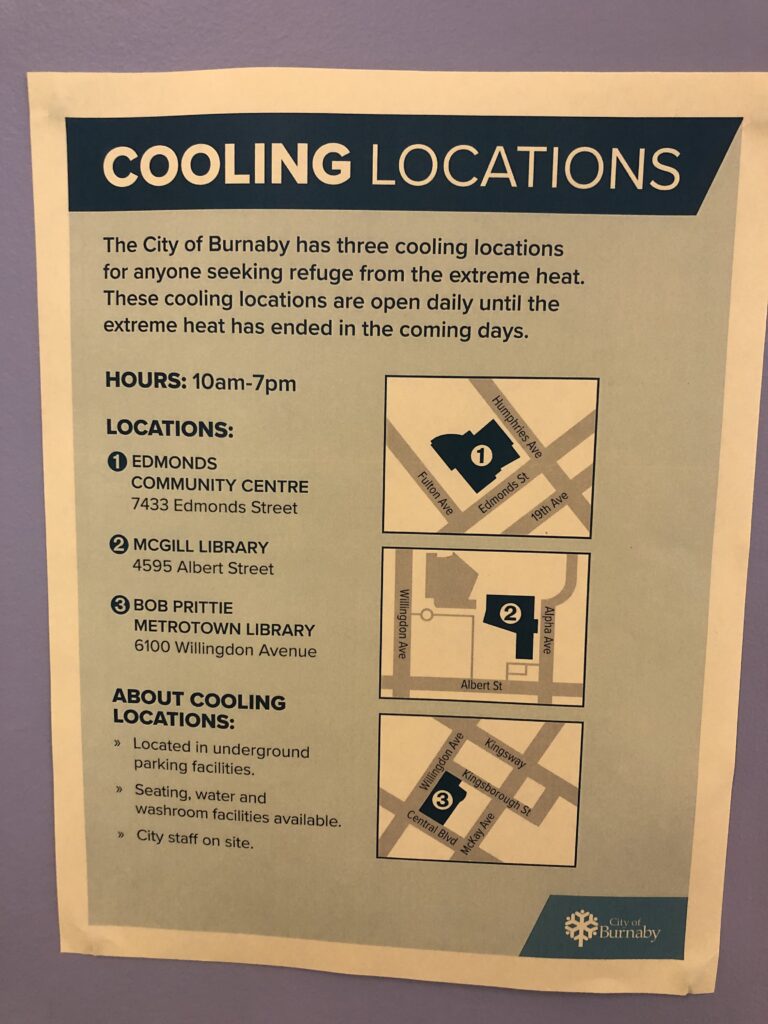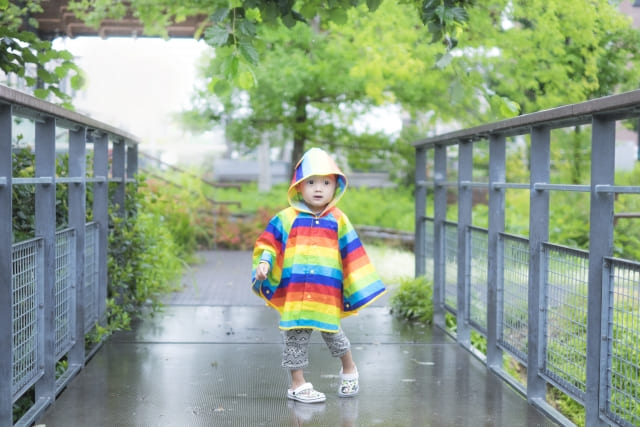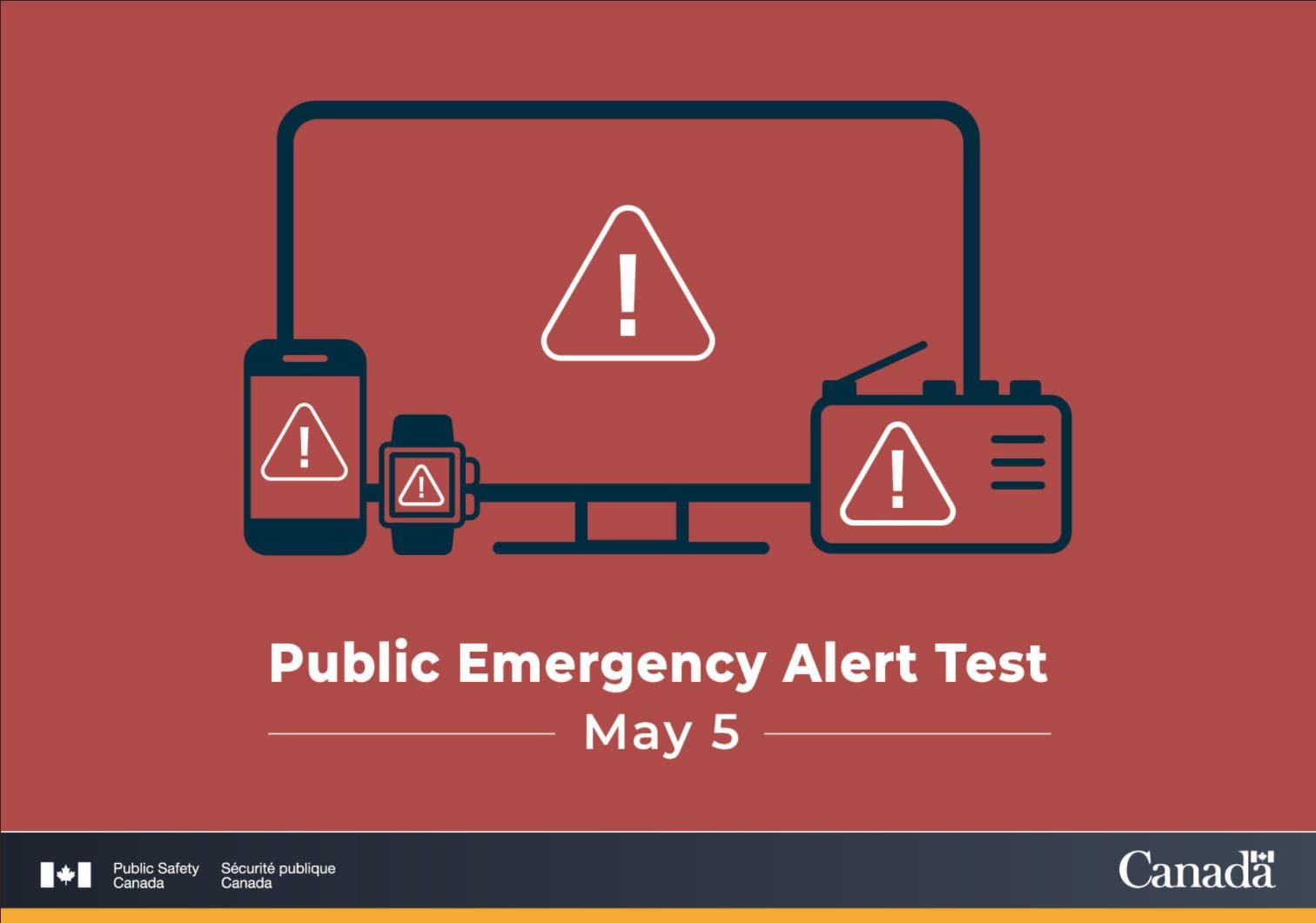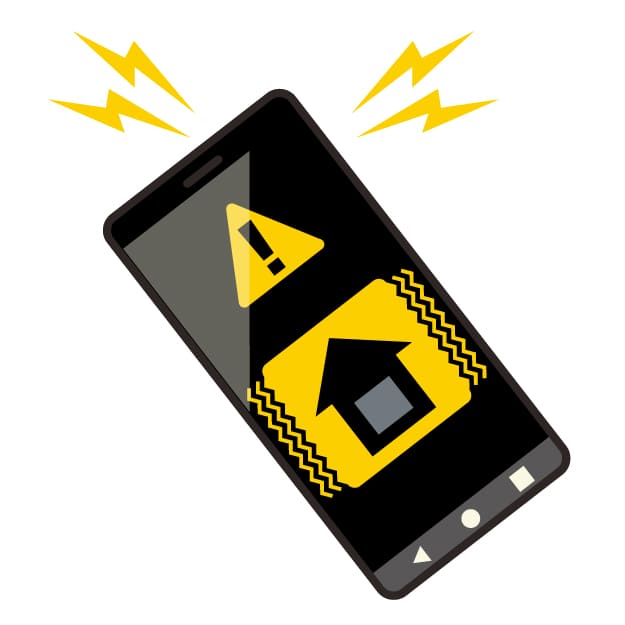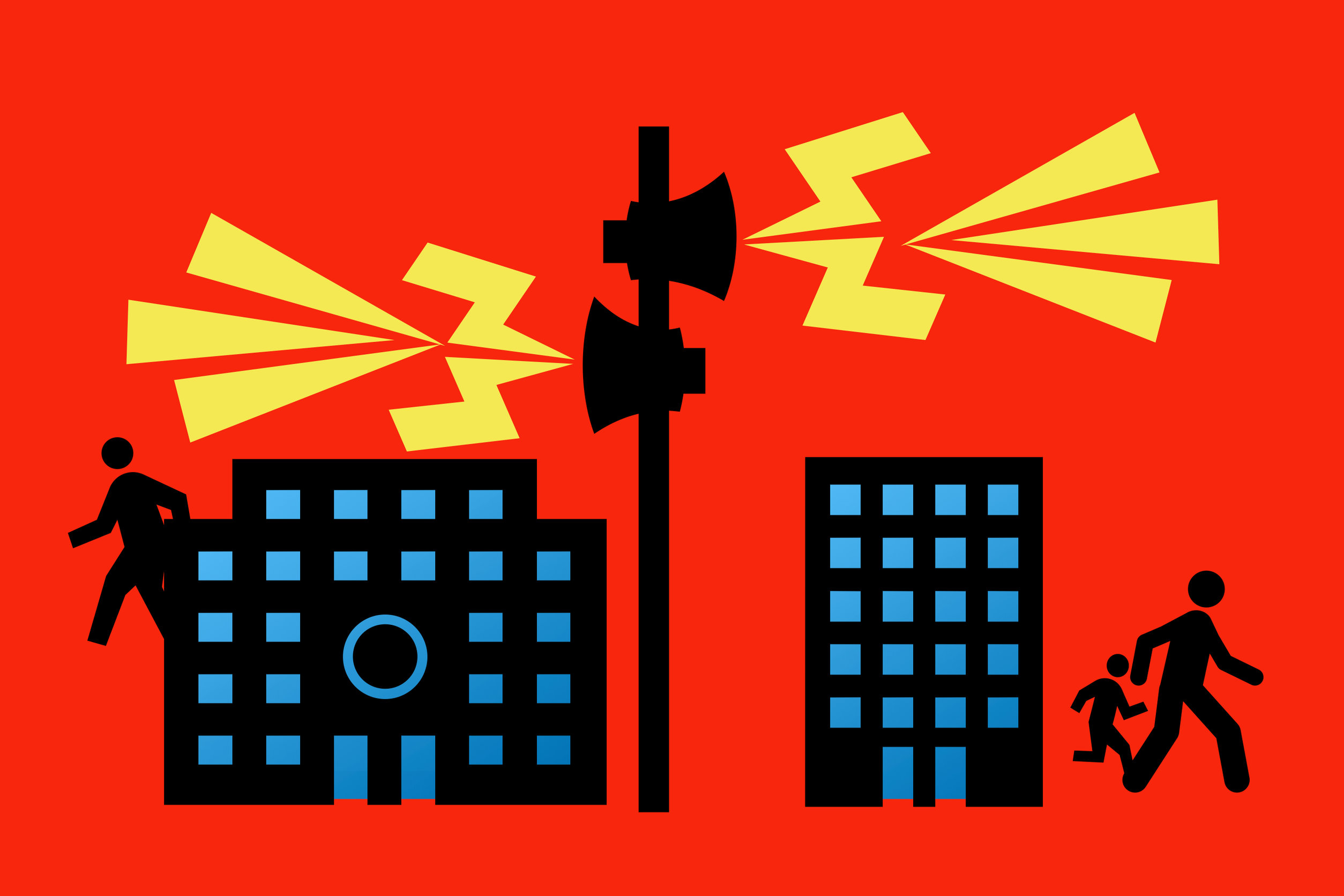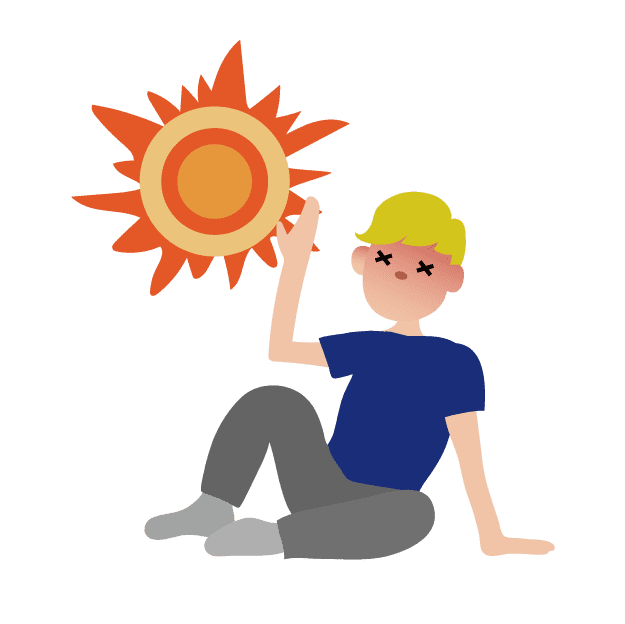
Heat warning: severe heat could cause heat-related illness

Record-braking heat wave hit large areas of west coast in the summer 2021. Extensive exposure to extreme heat can result in serious medical conditions such as heat cramps, heat exhaustion and heat stroke.
A heat warning is in effect in many parts of BC. Make sure to stay hydrated, and spend time in cool spaces. Check in on your loved ones and neighbours, especially seniors. Learn more about heat illness and how you can stay safe: https://t.co/da9eZPAGDN#BCHeat #BritishColumbia pic.twitter.com/P8AHqWQTDc
— BC Government News (@BCGovNews) July 28, 2021
Symptoms of heat-related illness
- Pale, cool, moist skin
- Heavy sweating
- Muscle cramps
- Rash
- Swelling, especially hands and feet
- Fatigue and weakness
- Dizziness and/or fainting
- Headache
- Nausea and/or vomiting
- Fever, particularly a core body temperature of 40°C (104°F) or more
- Confusion and decreased mental alertness
- Hallucinations
- Red, hot, dry skin (in the late stages of heat stroke)
- Seizures
- Unconsciousness/coma
Those at greater risk are:
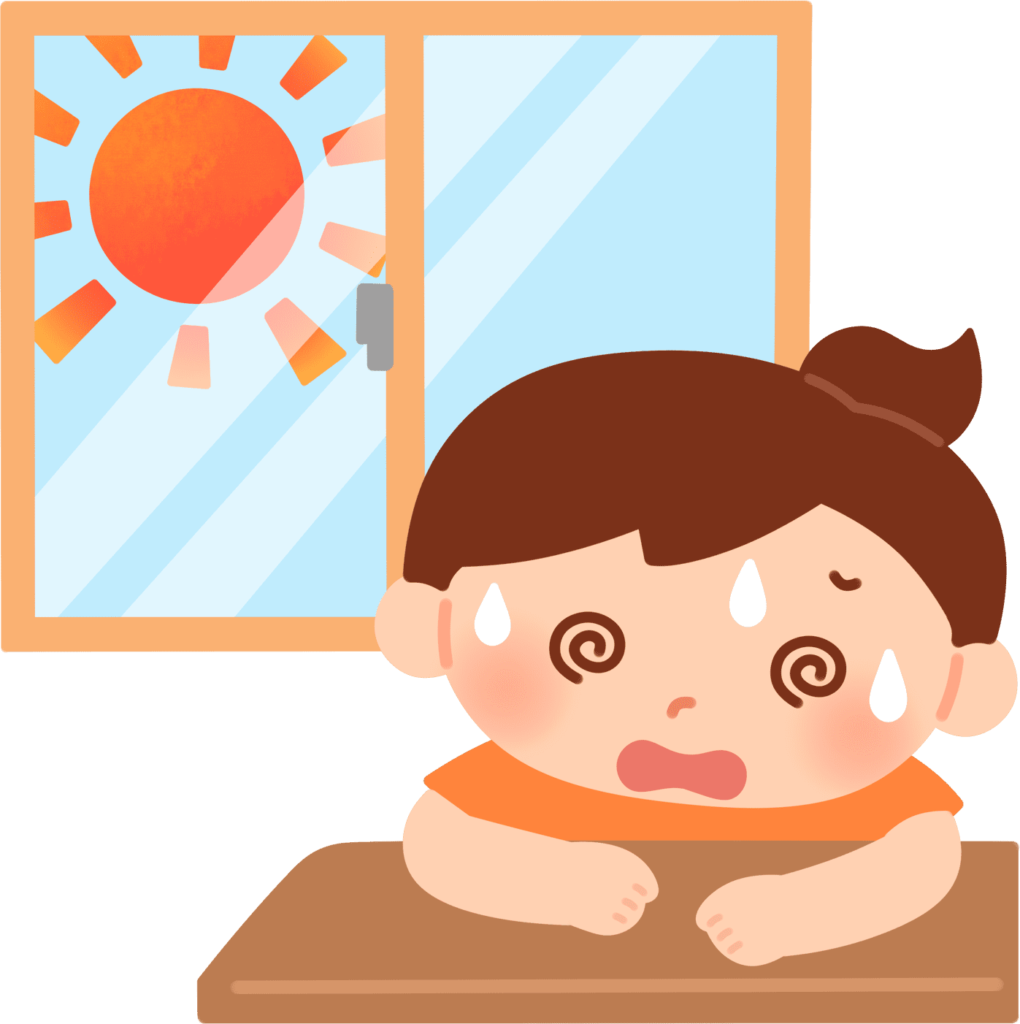
- Older adults, who may not notice excessive heat, do not sweat as effectively, or do not feel thirsty
- Small children, who can’t transfer heat well.
- People with chronic medical conditions.
- People who work in the heat.
- People who exercise in the heat.
- and more… (For the complete information, please see HERE.)
Preventing heat-related illness

I didn’t know the hot weather could case illness. I gotta be careful but I should I do when we experience hot weather (heat wave)?

There are multiple ways to prevent the heat illness. Here are some examples and you can read here for the complete information from Health Link BC.
- Never leave children alone in a parked car.
- Drink plenty of fluids. Drink extra water even before you feel thirsty and if you are active on a hot day.
- Keep cool. Stay indoors in air-conditioned buildings or take a cool bath or shower.
- Plan your outdoor activity before 10 a.m. or after 4 p.m., when the sun’s ultraviolet (UV) radiation is the weakest
- Avoid tiring work or exercise in hot, humid environments. If you must work or exercise, drink 2 to 4 glasses of non-alcoholic fluids each hour.
- Avoid sunburn. Use a broad spectrum sunscreen with SPF 30 or higher on exposed skin and an SPF 30 lip balm.
- Wear lightweight, light-coloured, loose-fitting clothing and a wide brimmed hat or use an umbrella for shade.
- Regularly check older adults, children and others for signs of heat-related illness and make sure they are keeping cool and drinking plenty of fluids.

I heard that multiple cities have opened “cooling centres” mainly for vulnerable populations and seniors during the heat wave. It’s really nice!

Yes, and since it is also known that the heat stress can accumulate while sleeping, some centres are prepared to open for 24 hours. Please check with your local authority for the nearest cooling centre and hours of operation.
